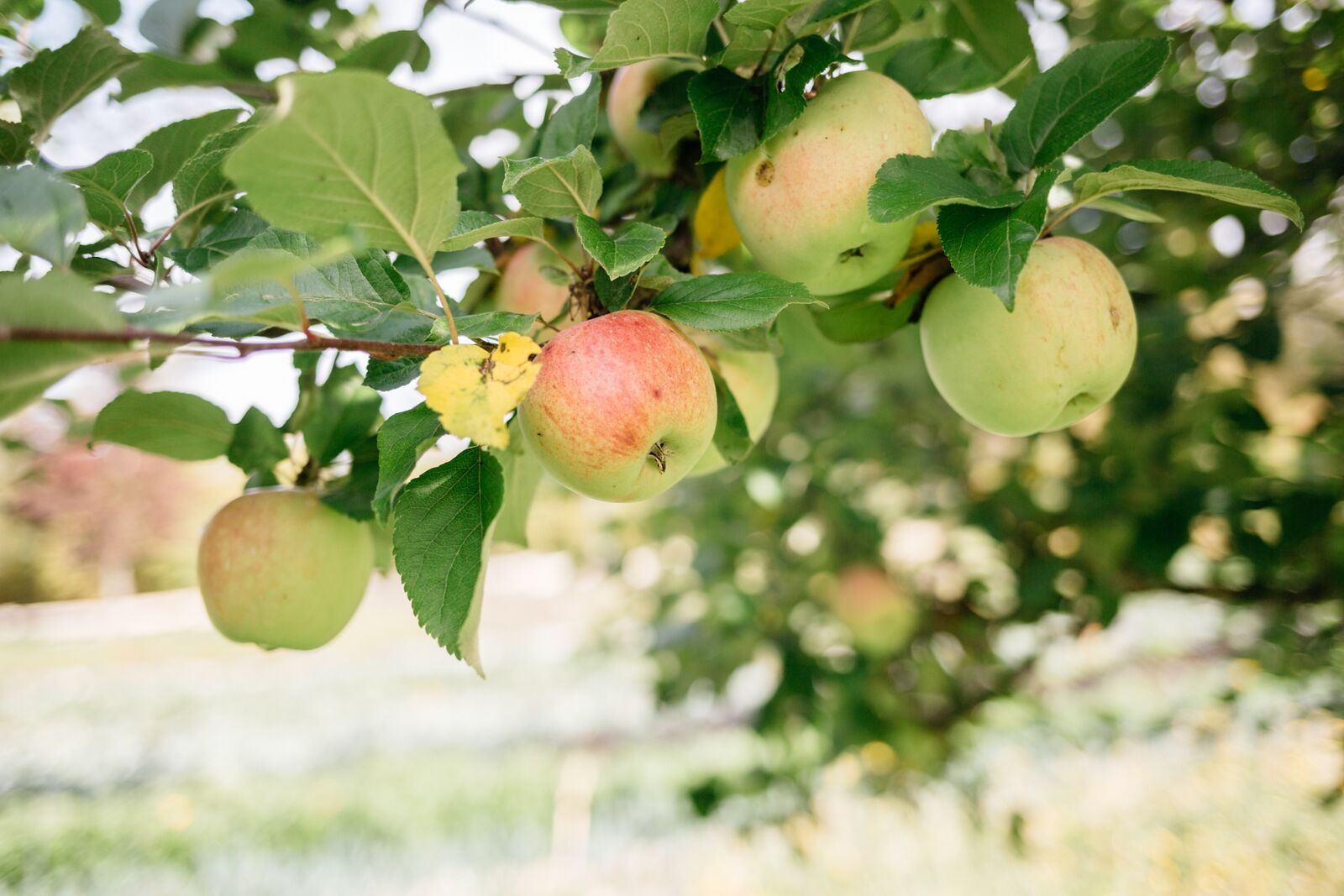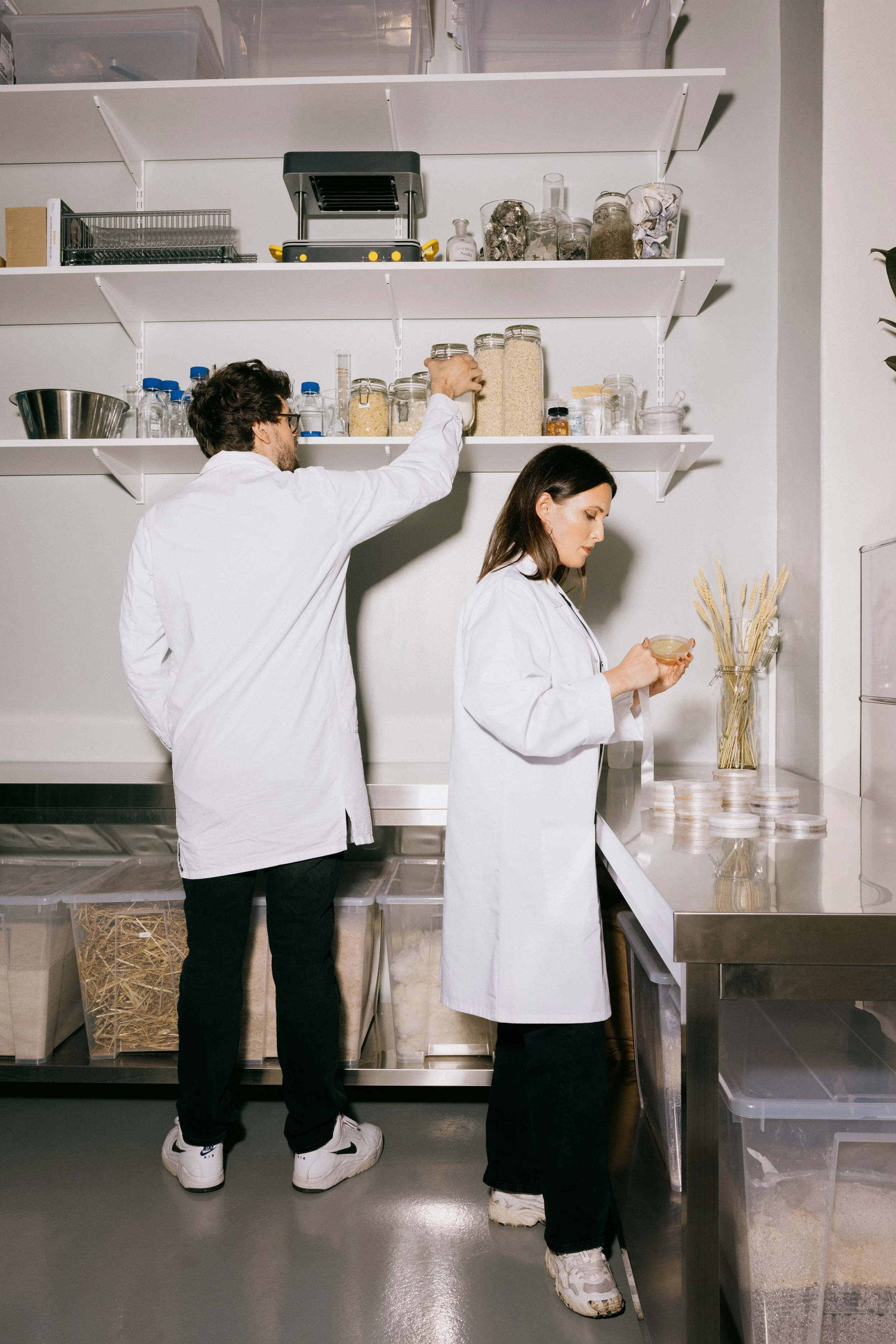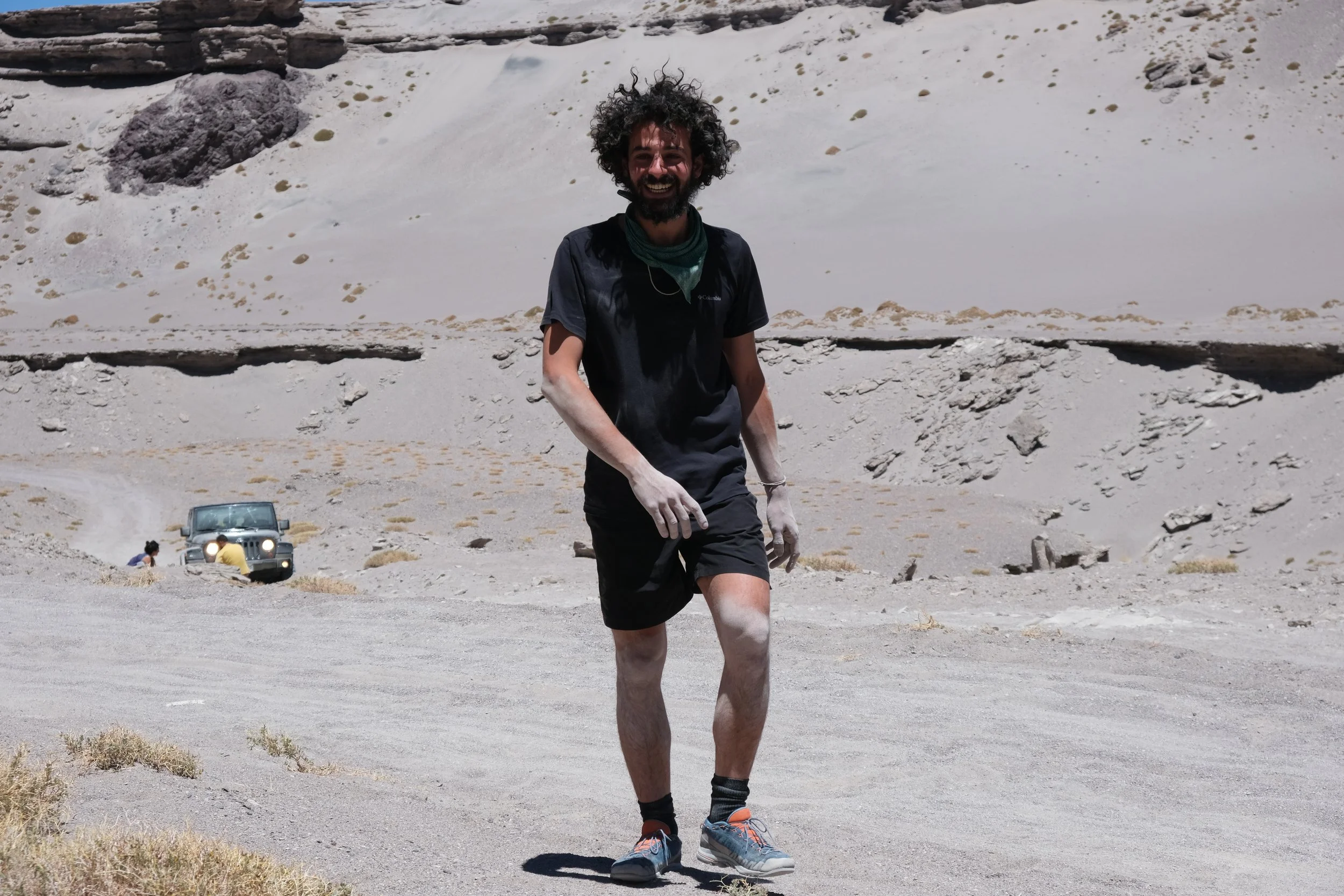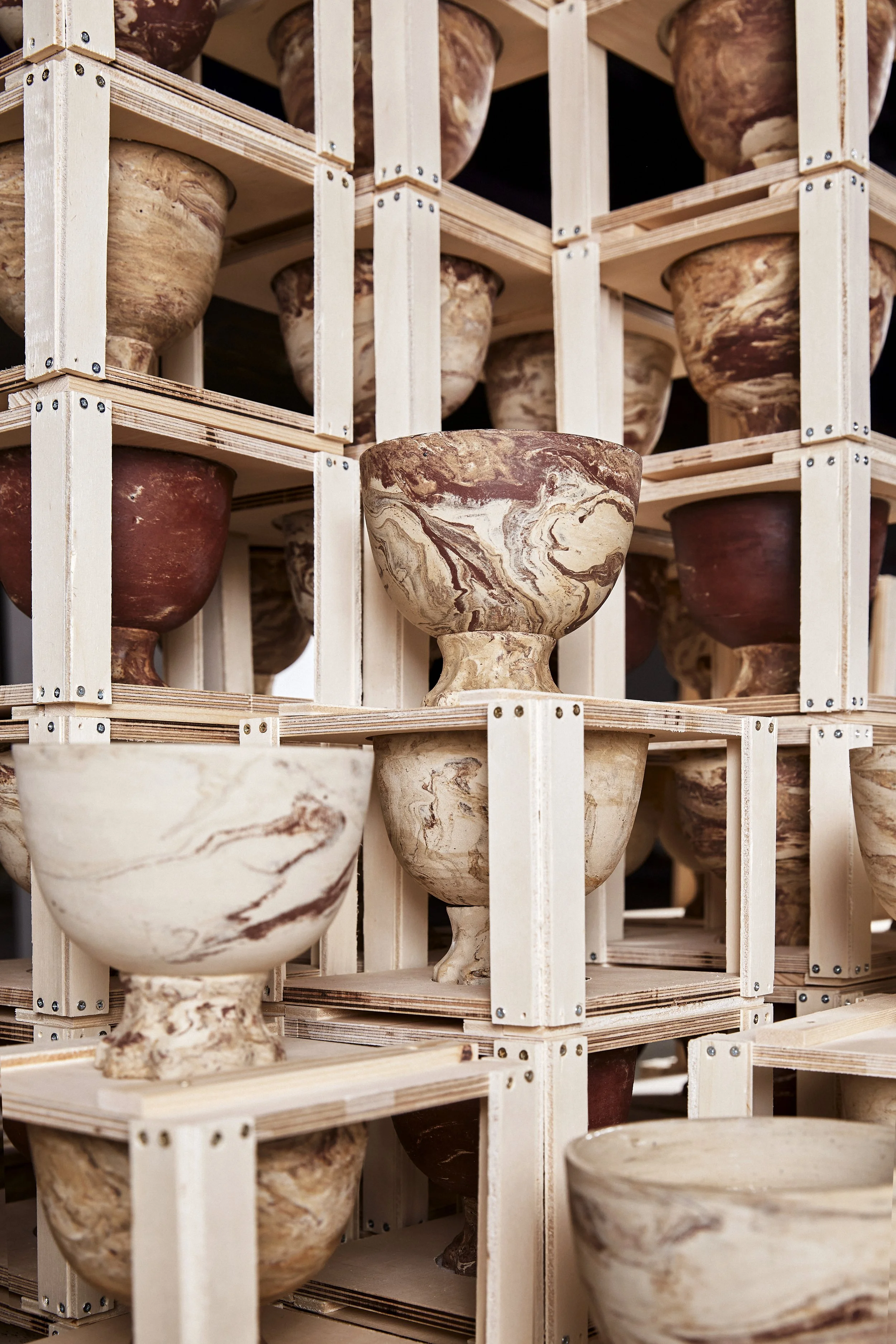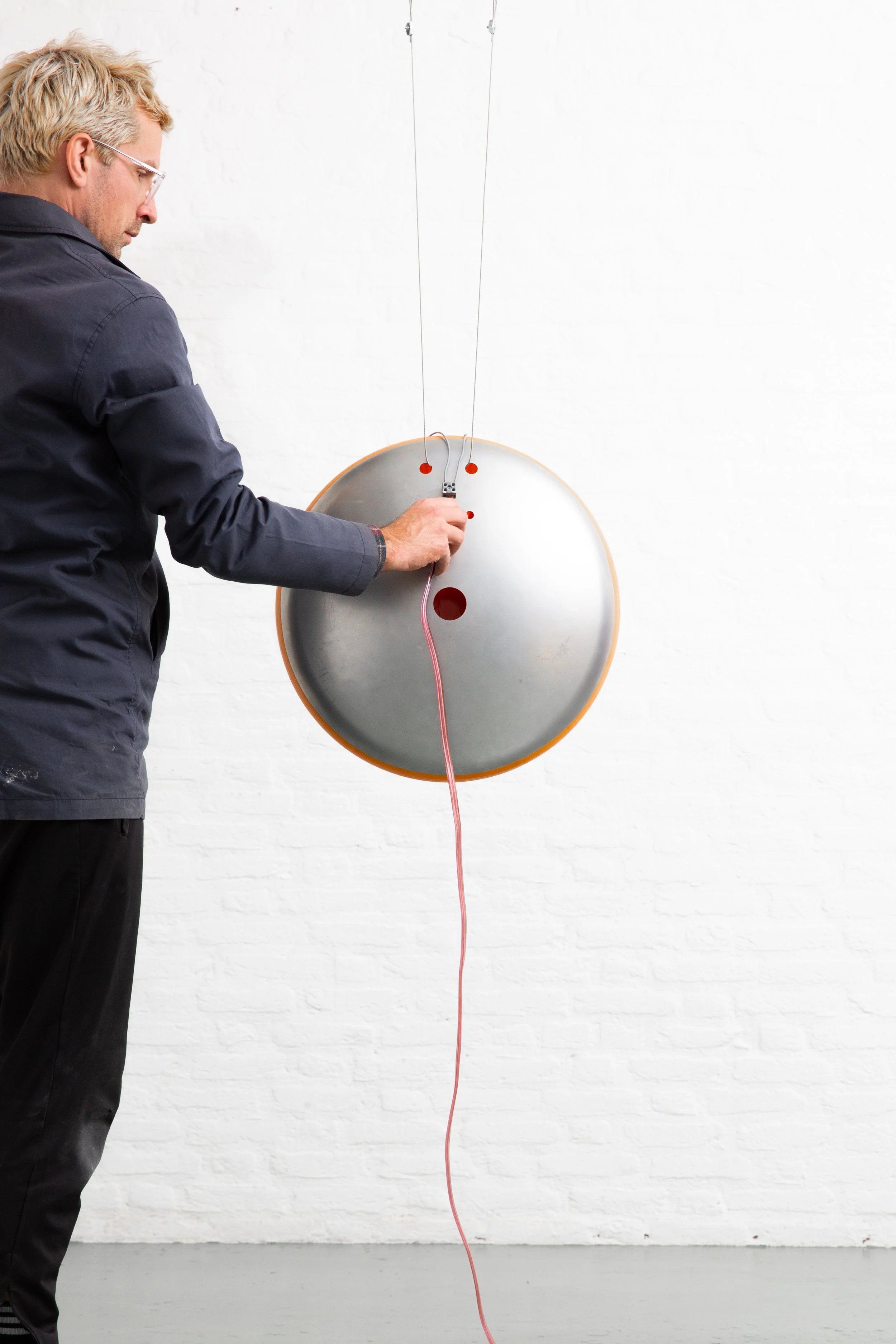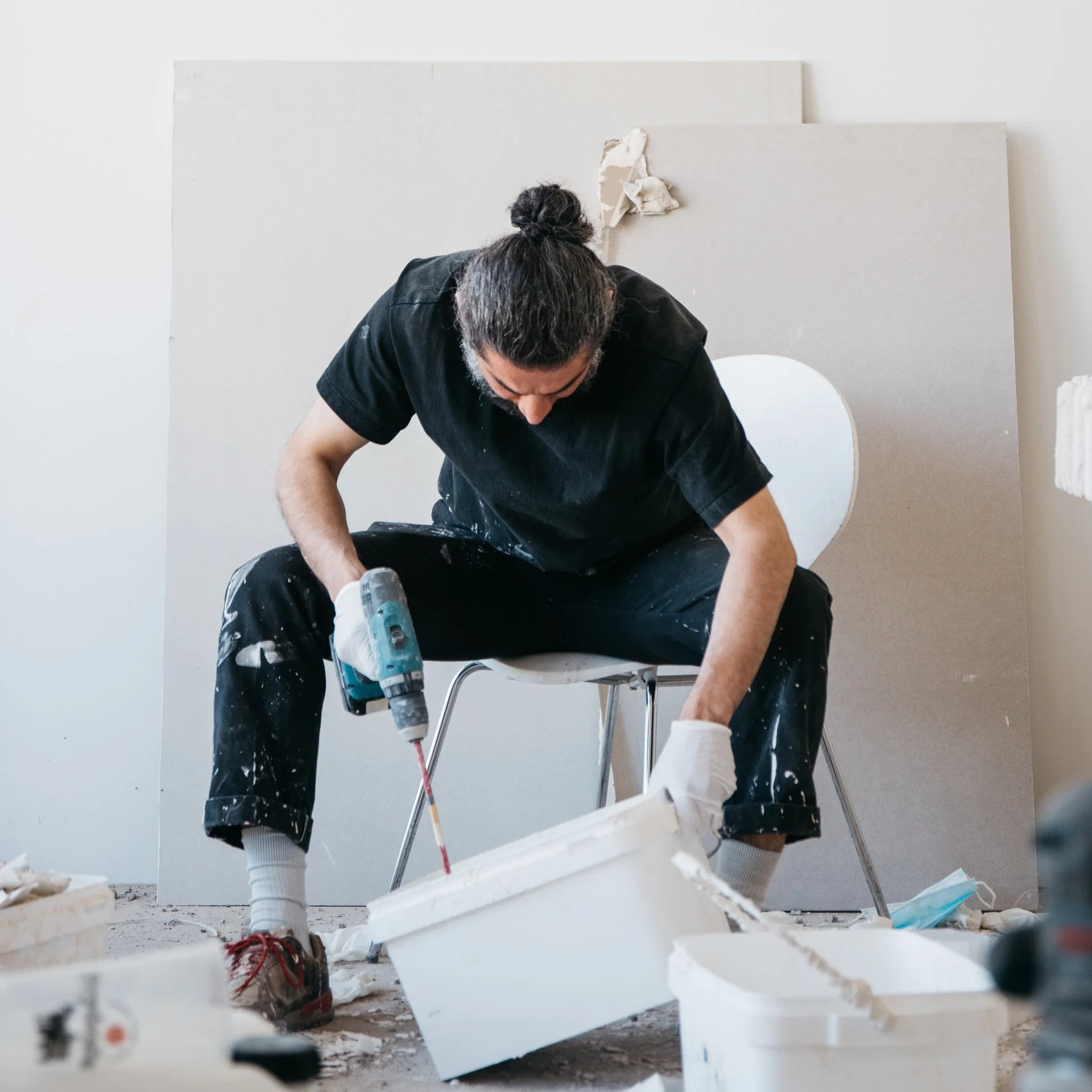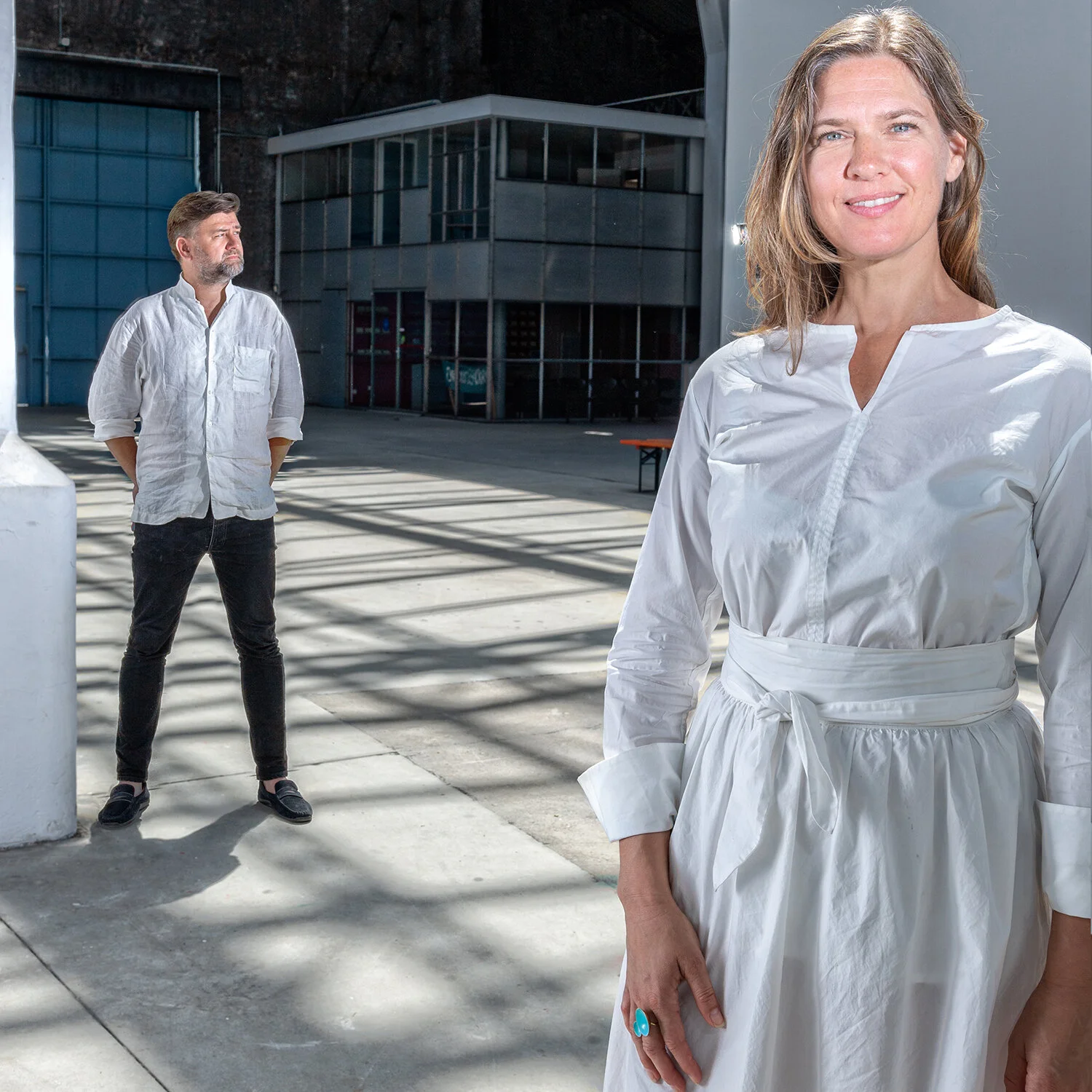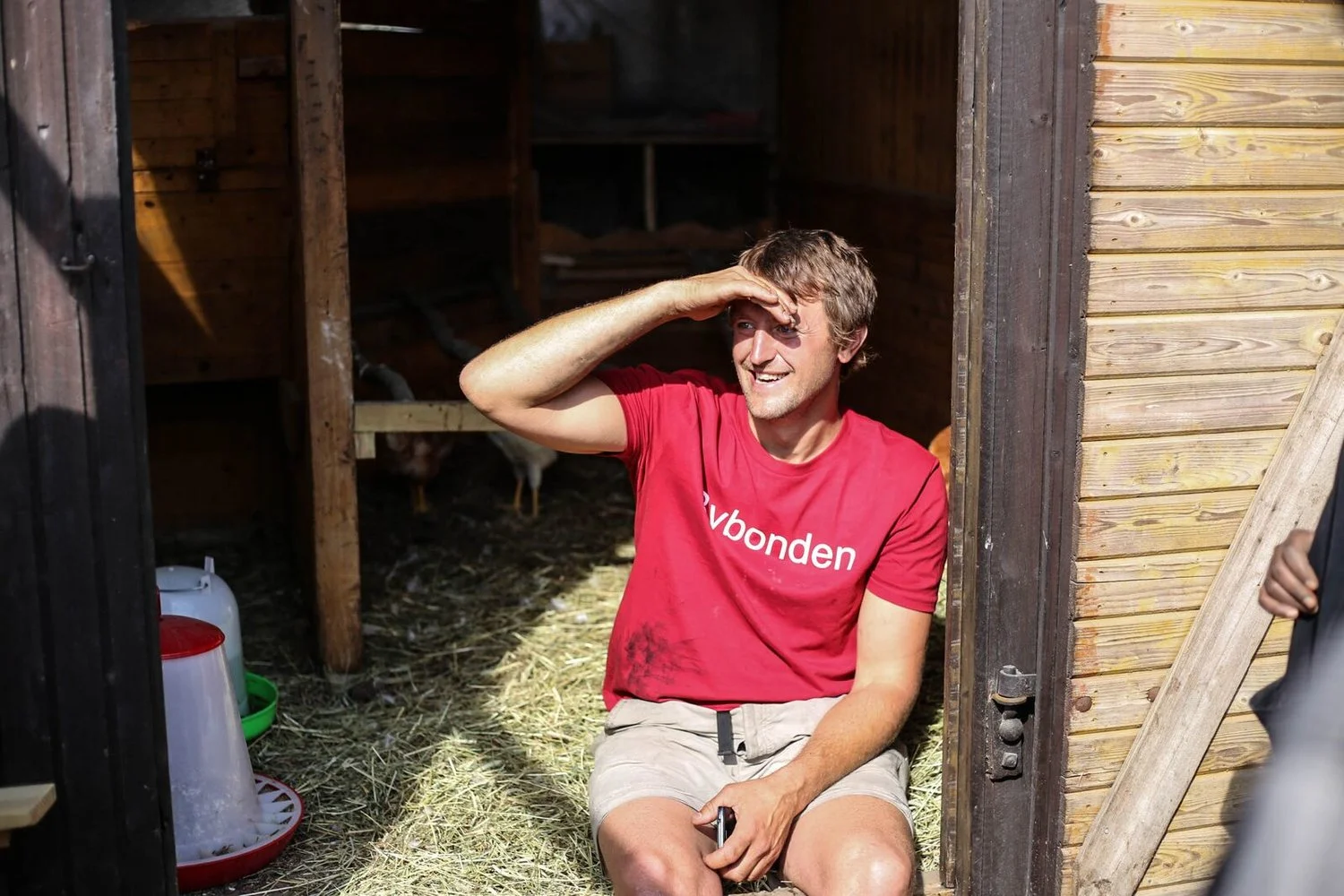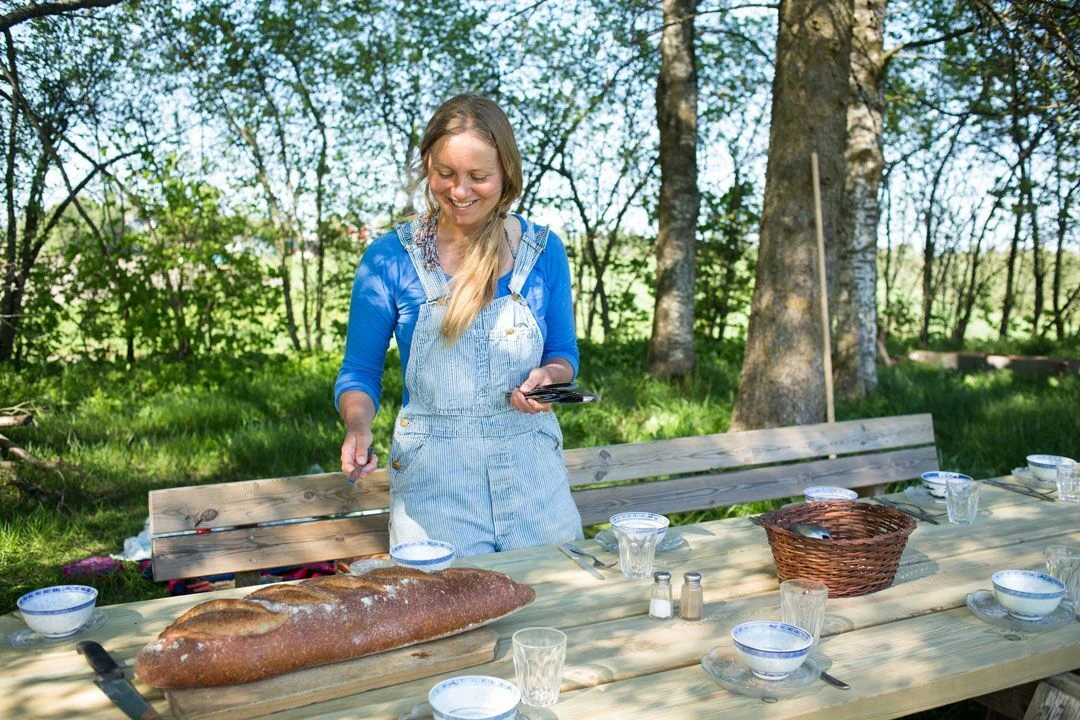Frode Wendelboe of Fremja on the Art of Care
Photo: Jarli & Jordan
Fremja is a new social therapeutic initiative in Norway for youths and grown-ups that for different reasons need adapted work or living situations. Frode Wendelboe is one of the founders and call himself an artist of care. We had a talk about the need to merge ecological and social work and why the solutions are interdependent.
# What is Fremja?
Fremja is a caregiving company that started 7 years ago in Stockholm with the ambition of doing a difference within the field of care. Not only did we see a need for renewal, but also a need for a status lift of what it means to work with care. Care is often a profession where you see people in transit; we want it to be a job that you can be really proud of and we think that the people that we take care of deserve caretakers who have really high ambitions. We want you as an employee to feel that you are doing something really valuable with the time you have at hand. I can say that my goal is not to make assisted living facilities, but to change the industry of care.
# You view care as a creative handcraft and have an artistic and ecological approach to the task - what does that mean?
Aaron Antonovsky was a medical sociologist and he has a theory called the salutogenesis. This perspective says that all humans, in order to be well and healthy, need access to an existence that is comprehensive, manageable and meaningful. In addition to this we need a social arena and the possibility to have an impact on our own situation. Most people who have normal functional abilities have access to these factors in their lives. But people who have functional challenges have difficulties managing this on their own. The existence is not always understandable, manageable nor by it self meaningful. That means that we, as caretakers have to create these factors, as well as facilitate for social interactions, through the work that we do. How do we do this? Our experience is that this is an artistic, creative process where you need to go to the level of the individual. This process starts with something as simple as asking the main person: what do you dream about in your life? And continue to build the work around this.
# Tell some more about how you work?
A lot of our methodology is about to follow. We use the energy that comes from following the power the main persons have within themselves, related to their own wishes and dreams. We don´t try to make them fit into a shape that works for us, but rather to make a form that suits them. Its an interplay. Common for people with functional differences is that they have challenges adapting to the world. We find that the relevant question to ask is: Who should adjust to whom?
# Who do you work with?
We work with all kinds of people; who ever comes to us. Many have ADHD, different varieties of Autism, Down Syndrom, or other syndroms or adjustment challenges. A lot of the people we work with have what is often coined as mental disabilities or psychic illnesses. I mean that where they need help is in the register of the soul. Most people agree that a person in a wheelchair needs physical assistance; a special car to assist travelling, the need to remove door steps ect. But when it comes to what I call allergies of the soul it is as if a lot of the methodology still says “then they just have to get a grip”. My experience after 20 years is rather the opposite; you have to handle the allergies of the soul as if it was a physical nut allergy. You cannot compromise. The ability to make compromises are extremely limited with these people, and thats why it is our task to do that - to think new, to be creative. We; me and my colleagues, have to work with ourselves in order to adjust to the main persons, not the other way around. And if we follow their goals and dreams, we are relevant to them, because that´s what they want!
# Within the health and care sector it is normal to refer to the service receiving person as “user”. You have chosen to to rather use the term “main person”. Why?
We changed these words because its a matter of both seeing and creating value. The person receiving the service in our contexts is the basis of existence for what we do; everything concerning our activities have the receivers of service and their needs as the fundamental point of departure and thus they are the main persons in our work. In our contracts it does not say employee, but artist of care; omsorgskunstner. We want our co-workers to have a lot of freedom in how they do things; off course always as long as they are promoting the main persons goals and dreams and with a solid professional anchoring.
# Do we need to change the way we view people with disabilities?
I think we should expand on the notion of “normality” to also include those that are different. In Fremja we want to offer a possibility for development for the people who come to us, by focusing on their strong capacities and what they dream about. We let them be how they are, our goal is not to change them, but to offer them a possibility to develop what they wish to develop.
We do not want to make someone “normal”, but to help them become as much themselves as possible, to help their individuality to get an arena to express itself. I believe that in our core, in our individuality, we are not disabled or mentally challenged or whatever; in this place we are well and healthy, all of us. To put it short: development happens when you are allowed to be who you are.
I often use the example of the musical instrument. If I were to play you a song, but the instrument was not well tuned and I was not allowed to tell that, you would still recognize that I was playing out of tune. Then you could say to me: Frode, I heard that you were off key, but what nice lyrics you have made! In doing this you are differentiating between what I wanted to express and how it sounded. And translating this to the context of our main persons: What they try to express through their human being is somehow different from others. In Fremja we work with addressing the musician, not the instrument. Because often it´s not even possible to tune the instrument, and that is not the point either. We believe in addressing the human being behind the human expression.
# Fremja work with social and ecological sustainability - how do you see this linked together?
As I see it there are two main challenges of our world today; the ecological-environmental and the one concerning social outsiderness. When we started our work with Fremja in Sweden we saw that there was a lack of places to work for our main persons that gave them meaning, work that made them engaged enough to care to get out of bed. So we realized we had to make these ourselves and that in order for it to be meaningful work them it had to be meaningful to the world; it had to be something that made the world a little better. This was when we started our parent company, Omhändertänk, that creates workplaces and initiatives that are resting on recycling, sustainability and ecology.
A lot of the reasons why it is not being done more sustainable ecological work in general is that it is not making a lot of profit. That means that we have this equation: A lot of meaningful work is not being done because its not profitable and a lot of people don´t do anything because they don´t find meaning and have the experience of outsiderness and separation. Our vision is to merge social and ecological responsibility. To use the time that the municipality, and in turn the taxpayers, buys from us in a sensible way; we want to create meaning and do something ecological. This is our business model.
# Can you give some examples of how you merge this?
One clear example is how we work with the farm Skjølberg Søndre in mid-Norway. This farm is a biodynamic farm that delivers their production to Credo restaurant (one of Norway´ s best restaurants, editors note.) in Trondheim. Running a biodynamic farms means that there are a lot of work that needs to be done that are not profitable in economical terms. To work directly with soil, animals and plants is experienced as very meaningful for many of our main persons. Facilitating this cooperation means that you have done something for the world, something for the main persons and something for the wallet of the farmer. By making an assisted living facility at the farm, we are also securing that one of our main persons living here do not have to leave his home district, (in other words we follow them). A really important core goal of ours is that we have to exist where the main persons are located.
Our main person at the farm is proudly expressing how his work at the farm is to create ingredients for Norway´s best restaurant. And the restaurant at their side is almost exclusively talking about how their kitchen is all about the ingredients, not to mention how this is the focus when the restaurant is covered in the media. I believe this creates meaning. Its a reversed integration platform - we create arenas where our main persons can thrive, instead of trying to make them fit in. For the time being we are working at a new initiative at Vippa, the new food stall market in Oslo, and we have Retour, our cycle repair shop. In Sweden we have an organic food shop and we have Palla, an apple juice initiative making juice of apples that is otherwise not being used. We are all about creating different arenas of mastering; as none of our main persons are the same and have the same dreams, goals and understanding of meaning. Our vision is to create even more platforms so you can choose exactly what you want.
We also believe its a big advantage that Fremja is geographically expanded. We have one main person from Norway that for instance love Sweden. By having locations in Stocholm, Gothenburg, Uppsala, Oslo and Trondheim its much more easy for him to for instance take a trip to Sweden and stay there for a while. We want to make the world a little bigger for our main persons and believe its also a feeling of being part of a network that is larger than just the assisted living facility where you are on a daily basis.
# Apart from salutogenesis, what is your inspirational background?
Our impulse derives from the traditions of social therapy and curative education. These methods are founded on anthroposophy, which I would say has the potential of being a branch of science that includes the soul and the spirit of the human being. This is not something that is exclusive to anthroposophy though; if you read the UN child convention it also says that you have to take into account the soul and spirit of the child. One could say that the main inspiration Fremja take from anthroposophy is the focus on the individuality of the person and the focus on addressing the whole human being.
# What does “Fremja” mean?
Fremja means “to promote”; both in Swedish and in New Norwegian. We basically want to promote the goals and dreams of the human being.
All images by Matthis Kleeb
Elementa Conversations:





